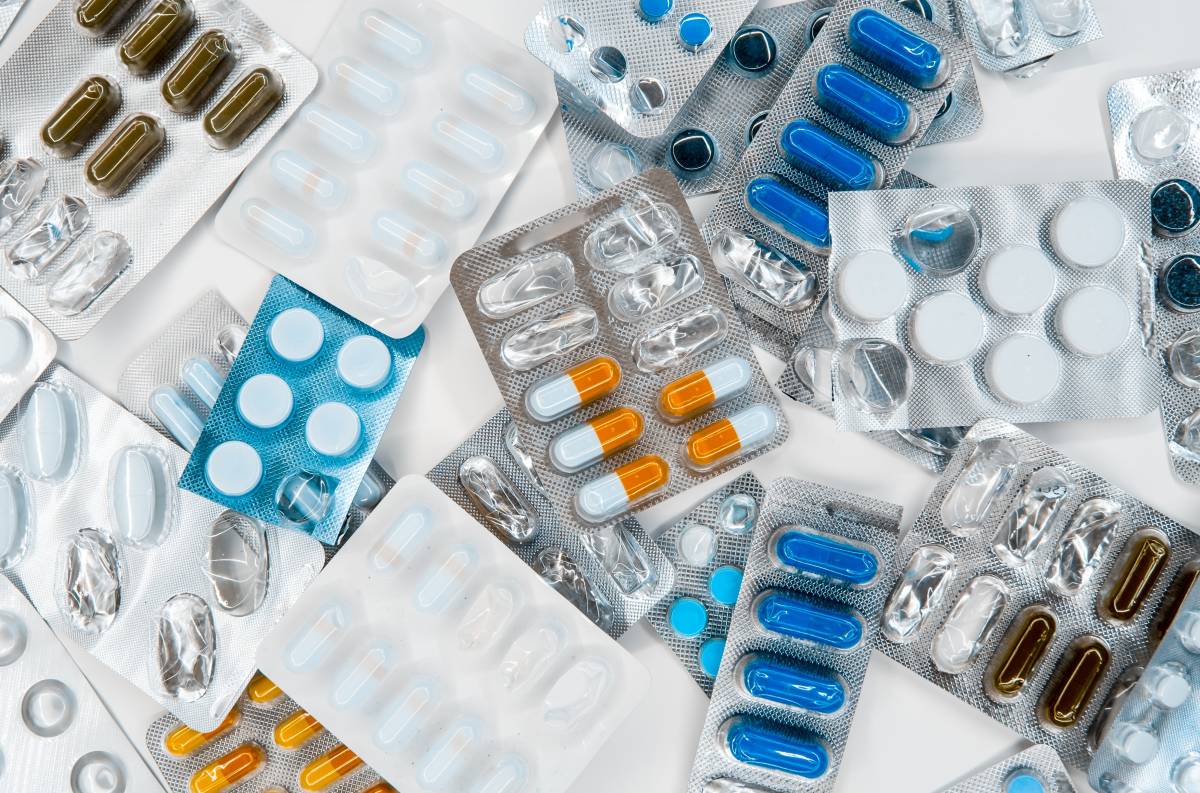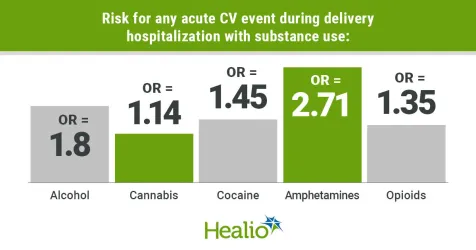We need a different way to think about drugs.
A way that uses our knowledge about them to maximize the good they can do, while both acknowledging and minimizing their harm.
Let’s start with carbs.
You know, the thing you take to solve your "hangry" problem.
It sounds silly, but "carbs" actually illustrates exactly what I’m talking about.
- Carbs have an effect on your body and your mind.
- Carbs can be good for you.
- Carbs can be a problem and cause health issues.
- "Carbs" is a hopelessly non-specific term that covers a lot of different things.
You don’t need a nutritionist to know that "carbs" from refined sugar are different than "carbs" from quinoa and oats. Treating all "carbs" as if they are the same is obviously Not Smart.
The unintelligent way that we think about "drugs" as a society is just as stupid.
For example, this Healio headline seems like the journalist tried to sensationalize it : "Any substance use during pregnancy ups risk for acute heart events during delivery."
Any substance? Really?
Except this is not the fault of bad reporting. The study itself is worse. When they say "substances," the study authors meant "amphetamine/methamphetamine, cocaine, opioid, cannabis, alcohol, or polysubstance use." {1}
Yes, that’s right. They lumped together meth and heroin in with beer. They also did not factor in amount of usage — just a single "yes" or "no" value. Someone who had a single THC gummie was (for most of the study, at least until you get to this chart) lumped into the same category with someone snorting cocaine every day.
Maybe they buried the chart because it illustrates exactly how badly their study was designed.
Look at it. Cannabis has a lower risk of being associated with an acute cardiovascular event than alcohol… which has a higher risk than either cocaine or opioids.
This is just as silly as if they’d said "carbs were bad" after lumping together someone who ate three dozen glazed donuts a day and someone who a single "power bowl" a day with quinoa.
Not just silly… but dangerous.
There are real risks involved with pretty much anything we take into our bodies. But those risks are not absolute, nor are they the same for every person.
The effects of eating a "killer brownie" are going to be radically different for different people, depending on how well their pancreas is working. What would be a tasty treat for me could put someone with uncontrolled diabetes into a coma.
Trying to treat these substances as simple "safe/not safe" binaries for all people, in all situations, is medically and socially unsound. Inevitably, someone will think that a "substance" is "safe" when it is not… or be denied a needed medical treatment because it would be unsafe — medically or socially — for another to have it.
Those of us who grew up after the institution of the DARE program were absolutely unsurprised when research showed that it was, at best, barely effective, and in many cases, counterproductive.
One theory is that the D.A.R.E. program educates children on drugs, but approaches it from a non-educational standpoint by telling kids to say no instead of telling them what happens if they take the drug; this can lead to children participating in risky, ignorant behavior.
When you had horror stories peddled to you by authority figures… and then saw those extreme horror stories absolutely not happen in real life with your peers… well, that tends to make you stop believing anything else those authority figures had to say about drugs. This means that real risks are often ignored by those who use them.
Decades of fearmongering also has many people somehow believing that "natural" or "organic" are the same as "unable to cause harm," which is just flat-out wrong. Even something as innocuous as vitamin C — at high enough doses — is linked to increased risk of developing kidney stones.
And, of course, societal approval means that we tend to completely ignore the effect of some drugs entirely when we talk about "drugs". High doses of caffeine, for example, appear to increase the risk of miscarriage at a rate comparable to {2} the rates that alcohol consumption increases the risk of miscarriage. Yet our society would look askance at a pregnant woman having a single glass of wine during their pregnancy … but would not question their daily cup of coffee.
My point here isn’t "legalize it" or to scare people about their morning coffee. Rather, it’s to say that we need to actually treat all these substances — from carbs to opiates — individually, and in terms of their actual risks and benefits, rather than irrational fears, sloppy science, and flat-out racism. {3}
There is no simple, universal answer as to whether a substance is "good" or "bad".
There is only how each helps and harms each individual, in each situation.
We all deserve nothing less.
{1} It’s actually worse than that — they used whether or not a physician put the applicable code in the chart… even though there is not an actual code for methamphetamine use.
{2} Unless I am reading these studies wrong, which is very possible.
{3} The temperance movements — both with alcohol and other drugs — are strongly rooted in racism and xenophobia.
Featured Photo by Roberto Sorin on Unsplash

